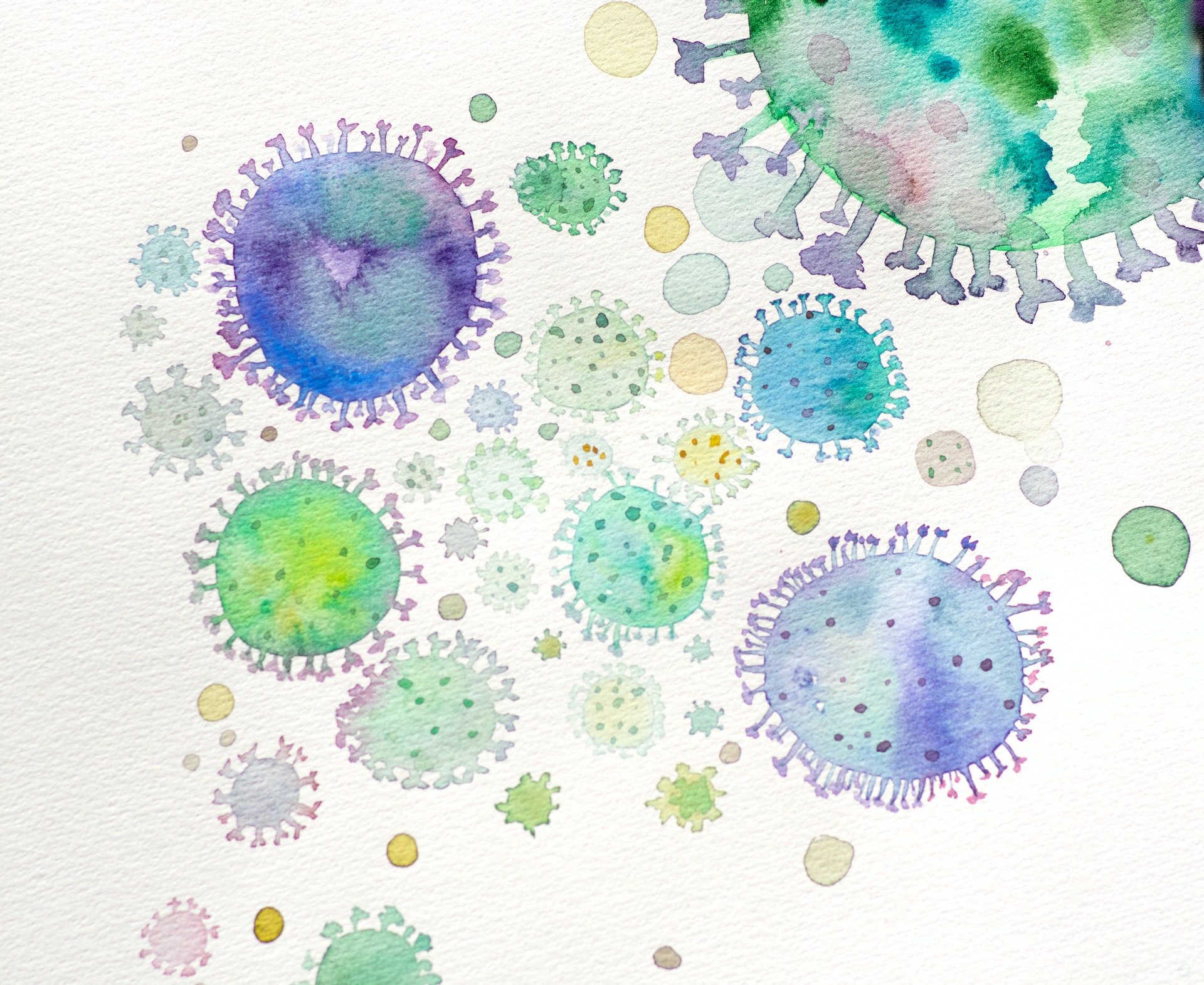
Bacteria are one-celled organisms that can reproduce very quickly. Viruses are not alive and cannot reproduce on their own. They must enter a cell, take over the cell’s functions, and make copies of themselves – which then leave to infect other cells.
What are bacteria and viruses?
Bacteria are single-celled organisms that can be found almost anywhere on Earth. They are essential for many processes, such as breaking down organic matter and producing oxygen.
Viruses, on the other hand, are tiny, microscopic particles that can only reproduce inside of a living cell. They are responsible for causing many diseases, such as the common cold and influenza.
What is a vaccine?
A vaccine is a substance that can stimulate the body to make immunity against a certain disease without getting the actual infectious disease itself.
A vaccine will either contain killed or weakened pathogens, or bits of proteins from these pathogens. In both cases, the immune system recognises the pathogen and produces immunity against it.
What is the difference between a live attenuated vaccine and a killed vaccine?
A live attenuated vaccine is a vaccine that contains a weakened form of the pathogen. This type of vaccine is more effective than a killed vaccine, as it can produce a stronger immune response.
However, it is also more risky, as the weakened pathogen could potentially cause the disease it is meant to protect against. A killed vaccine, on the other hand, contains dead pathogens. This type of vaccine is safer than a live attenuated vaccine, but it is not as effective.
Symptoms of bacterial infection include
Bacterial infection symptoms include high fever, chills, severe headache, vomiting and nausea. If the bacteria are able to enter the blood stream before they are defeated by our immune system, their toxins will cause even more severe symptoms, such as diarrhoea or seizures.
Bacteria can also attack organs throughout the body. This could potentially cause serious long-term damage or even death.
Symptoms of viral infection include
Viral infection symptoms are mostly non-specific, which means that they could be linked to either a bacterial or a viral infection. Patients with suspected viral infections will usually display fever, chills, headache and muscle aches. If the virus enters the blood stream, it may lead to severe internal bleeding.
Which of the following statements regarding bacteria and viruses is false?
A) Bacteria are single-celled organisms while viruses are not.
B) Viruses can only reproduce inside of a living cell.
C) Bacteria can cause diseases while viruses cannot.
C) Bacteria can cause diseases while viruses cannot. Although bacteria and viruses share some common characteristics, such as the ability to be identified only with a microscope, bacteria can cause disease while viruses cannot. Viruses depend on a living host cell to reproduce and antibiotics won’t have any effect on them. However, there are some antiviral medications for specific viruses such as HIV.
False: Although bacteria and viruses share some common characteristics, such as the ability to be identified only with a microscope, viruses can cause disease while bacteria cannot.
Conclusion
Although bacteria and viruses share some common characteristics, such as the ability to be identified only with a microscope, viruses can cause disease while bacteria cannot. Viruses depend on a living host cell to reproduce and antibiotics won’t have any effect on them. However, there are some antiviral medications for specific viruses such as HIV.
Bacteria are single-celled organisms that can be found almost anywhere on Earth. They are essential for many processes, such as breaking down organic matter and producing oxygen.
Vaccines are a substance that can stimulate the body to make immunity against a certain disease without getting the actual infectious disease itself. A vaccine will either contain killed or weakened pathogens, or bits of proteins from these pathogens. In both cases, the immune system recognises the pathogen and produces immunity against it.



